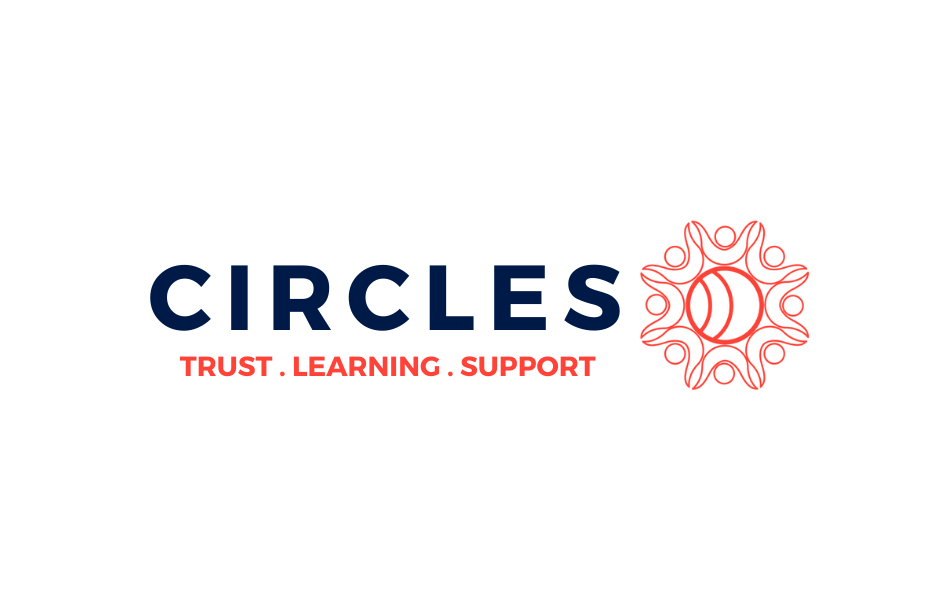Lessons From the Frontiers of Data Storytelling
Catherine Hinrichsen
Seattle University's Project on Family Homelessness
Christena Coutsoubos
Building Changes
Reiny Cohen
Washington Low Income Housing Alliance
Key Takeaways:
Learn how to make your data and evaluation presentations more compelling, engaging and comprehensible.
Participate in a Data Walk and pick up tips for using this tool in your community.
Interactive exercises will demonstrate how you can unite data and stories.
Slide Deck:
Breakout Notes:
Exercise #1: Data Walk – analyze poster in a small group and determine:
What surprises you?
What’s missing?
What bright spots do you see in the data?
What more do you wish you knew?
What areas of concern do you see in the data?
A data walk always gets more questions than it actually answers…
Data gives the impression of being truth – however data is based on facts, not necessarily truth.
Ethical Considerations
Data is better understood when it’s attached to a story
Work horses, not purple unicorns
Tell their story, not your story – keep the subject’s perspective not the author’s
Framing it up
Racial and ethnic disparities
Representation
Small numbers – difficult to generalize any one group’s experience
Problematic categories – who are the people represented
Illuminating disparities
How to Storify your data
5 tips from Cole Knaflic
Understand the context
What will get the AUDIENCE to act?
What is the big idea?
Create a storyboard with narrative arc
Choose an appropriate visual
Starting with bar chart
Draw it and test it
Avoid pie charts
Eliminate clutter – don’t overload the graphic with tons of random data
Draw attention where you want it
Tell a story
What is the takeaway?
Use pictures – more memorable
One big number is okay, just connect it to the big idea
These notes were captured by The Communications Network and have been reviewed by the presenters. ComNet18 Breakout Session notes were made possible thanks to the generous support of the Kalliopeia Foundation.




